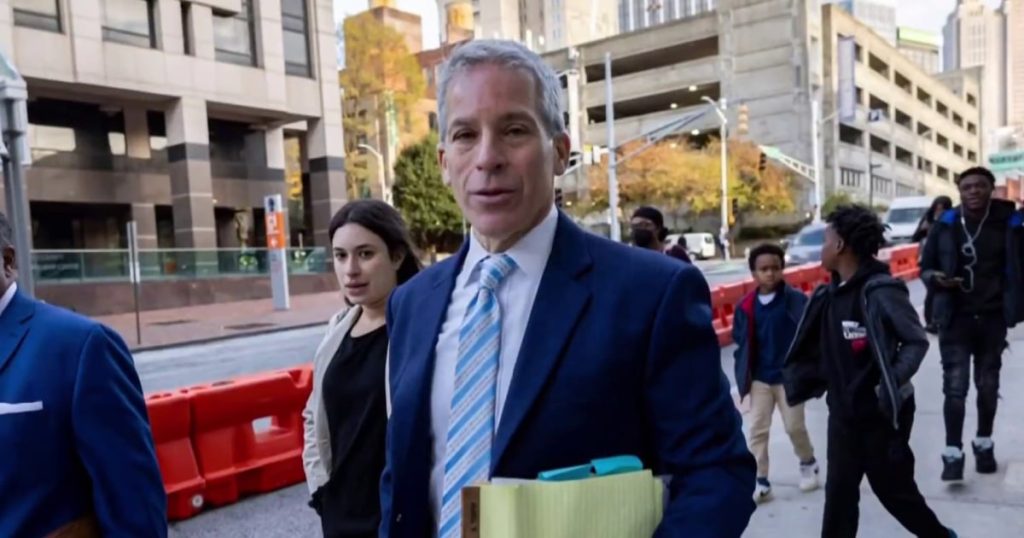The content discusses the impact of climate change on biodiversity and conservation efforts in various ecosystems around the world. It highlights the challenges faced by different species due to changing environmental conditions such as rising temperatures, extreme weather events, and habitat loss. The loss of biodiversity has significant implications for ecosystems, food security, and human well-being. Conservation efforts are becoming increasingly important in addressing the threats posed by climate change and protecting vulnerable species.
One key issue highlighted in the content is the disruption of essential ecological processes and interactions within ecosystems due to climate change. This disruption can lead to imbalances in food chains, reduced reproductive success among species, and changes in migration patterns. These changes can have cascading effects on entire ecosystems and make it harder for species to adapt and survive in a rapidly changing environment. Conservation efforts need to focus on restoring and preserving these essential ecological processes to ensure the long-term viability of biodiversity.
Another significant impact of climate change on biodiversity is the loss of critical habitats for many species. Rising temperatures, sea-level rise, and changing precipitation patterns are causing significant changes in the distribution of habitats worldwide. This loss of habitat can lead to the decline or extinction of species that are unable to adapt to new conditions or find suitable alternative habitats. Conservation efforts must prioritize the protection and restoration of critical habitats to prevent further losses of biodiversity and promote species resilience.
The content also discusses the role of human activities in driving climate change and its impact on biodiversity. Activities such as deforestation, urbanization, and pollution are contributing to the rapid degradation of ecosystems and exacerbating the effects of climate change on biodiversity. Conservation efforts need to address these human-induced pressures on ecosystems and promote sustainable practices that reduce greenhouse gas emissions, protect habitats, and preserve biodiversity. It is essential to involve local communities, policymakers, and stakeholders in conservation efforts to address the root causes of climate change and ensure the long-term survival of species.
Furthermore, the content highlights the importance of adaptive management and resilience strategies in conservation efforts to address the impacts of climate change on biodiversity. Adaptive management involves incorporating new information and monitoring data into conservation strategies to adjust and improve their effectiveness over time. Resilience strategies focus on building the capacity of ecosystems and species to withstand and recover from the impacts of climate change. By adopting these approaches, conservation efforts can better respond to changing conditions and increase the chances of success in protecting biodiversity.
In conclusion, the content emphasizes the urgent need for collaborative and integrated approaches to address the impacts of climate change on biodiversity and conservation efforts. It calls for increased investment in conservation efforts, research, and capacity-building to protect vulnerable species and ecosystems. By working together to address the underlying drivers of climate change and promote sustainable practices, we can help ensure the long-term survival of biodiversity and secure a healthy planet for future generations. Conservation efforts play a crucial role in mitigating the impacts of climate change and preserving the natural world for the benefit of all.


